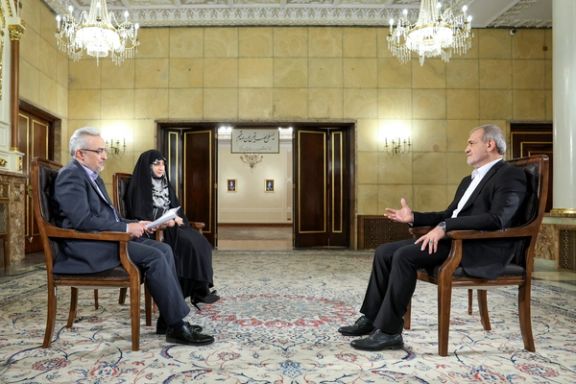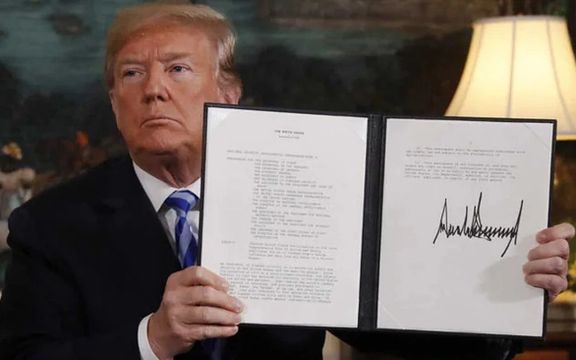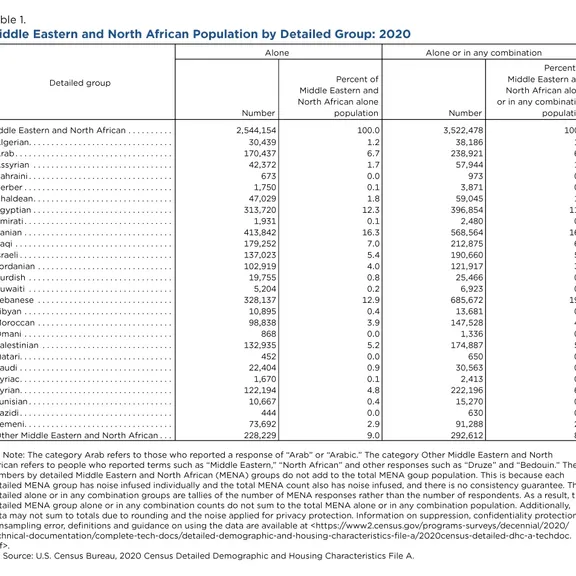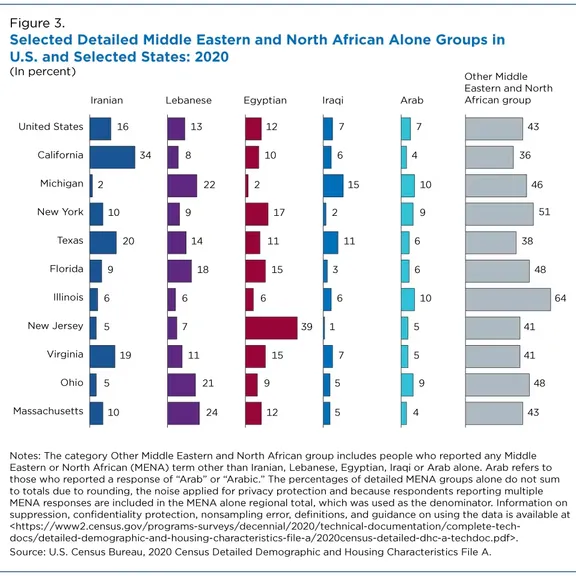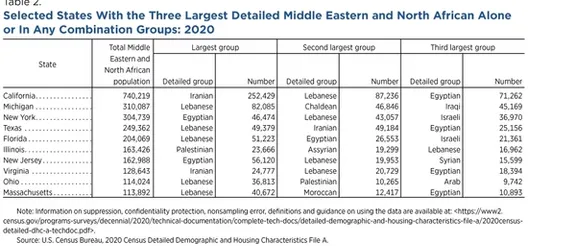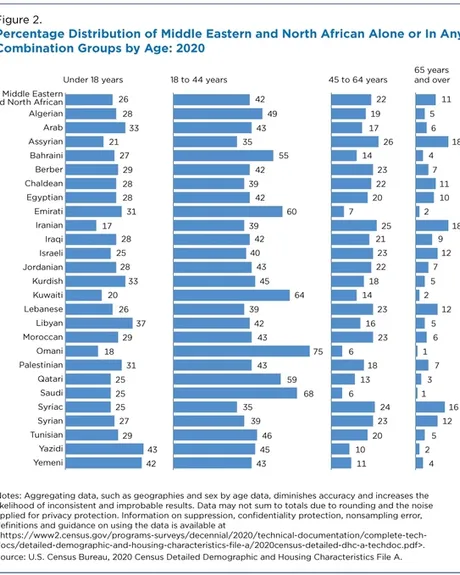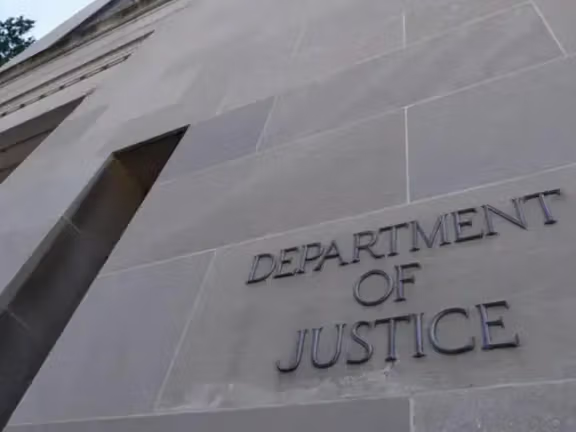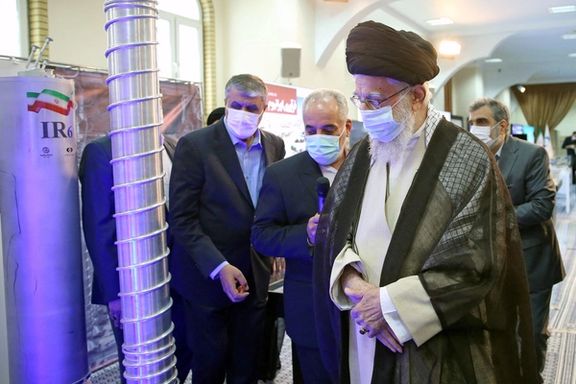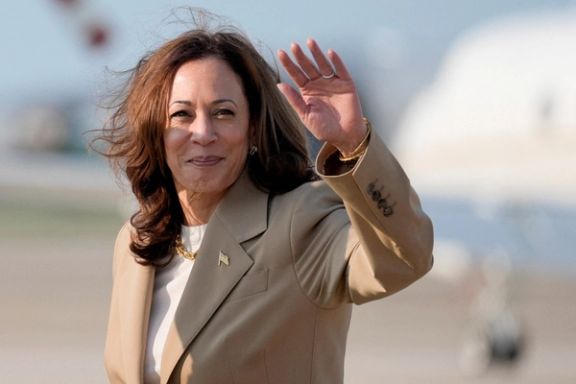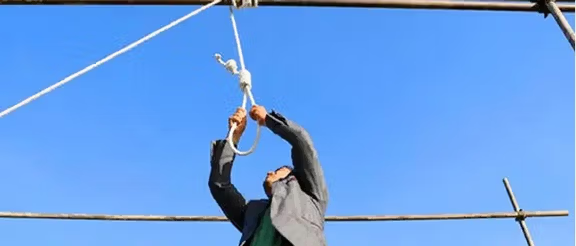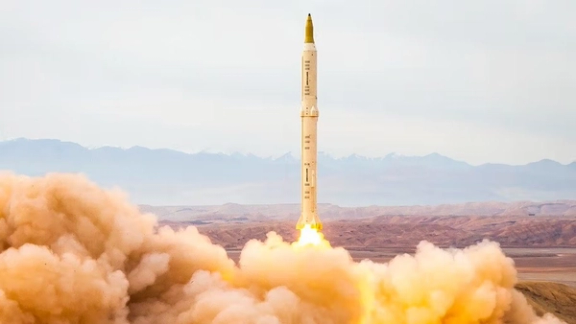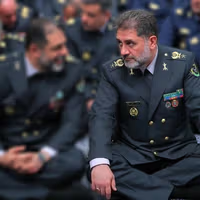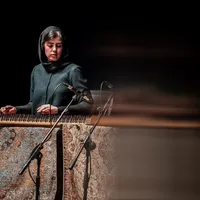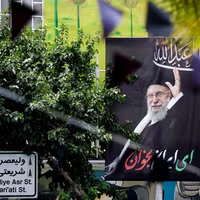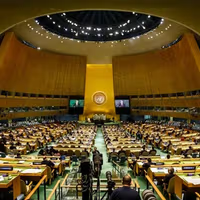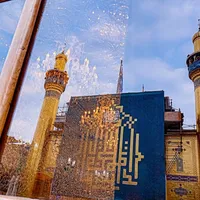On Ward Carroll's YouTube episode, titled 'Admiral Tells the Real Truth about battling the Houthis in the Red Sea," a US Navy commander from the Dwight D Eisenhower Carrier Strike Group, said he suggested more aggressive strikes on the Houthis, but reportedly he was told to avoid that by higher command.
The alleged instruction was to avoid large- scale counterstrikes against the Iranian proxy force due to "the balance of deterrence" with the Islamic Republic of Iran.
Rear Adm. Marc Miguez was the commander of the strike group during an eight-month deployment to the Red Sea that defended commercial ships. Iran International has reached out to Rear Adm. Miguez, the US Navy and US CENTCOM for comment and was not able to secure an interview in time for publication.
Miguez appeared to suggest during the podcast episode that they needed to take Iran's response into consideration.
"There are definite strategies that were put forward, but our National Command Authority decided that those - I would call more aggressive postures and more aggressive strikes - was not something we wanted to challenge," Miguez said during the interview with the YouTuber on August 26.
That aggressive posture does not align with the risk-aversion strategy the Americans appear to be taking when it comes to the Islamic Republic of Iran, with the Biden administration hesitant to challenge Tehran.
“We have a deterrence deficit with Iran. They have been attacking our forces. They have been attacking commercial vessels, with impunity since October 2023,” said Jason Brodsky, the policy director for United Against Nuclear Iran (UANI).
The root of the problem, said Brodsky, are US policy makers advocating for risk aversion.
From October 2023 to June 2024, Miguez told Carroll the carrier strike group launched seven deliberate, coordinated attacks with partners like the UK on Houthi targets. A couple of the strikes were integrated with the Air Force.
Because of all constant missile and drone attacks by the Houthis who even fired at US Navy vessels, the strike groups' destroyers ran out of anti-air missiles, taking them at least three days to reload, he said.
While Israel targeted the Yemeni strategic port of Hodeida, after the Iran-backed rebels carried out a deadly drone attack in Tel Aviv in July, the Americans have limited their targets.
“Deterrence against the Houthis has failed, “said Brodsky.
“The United States is aiming at radars, drones, missile launchers and that kind of material without going after more strategic targets like the port of Hodeida that Israel bombed after the Houthis sent a drone that exploded in Tel Aviv," he added.
Are the Houthis winning and the US losing?
A former Royal Navy Commander, Tom Sharpe, wrote an article in the British news outlet Telegraph recently, alleging that the Houthis had defeated the US Navy.
Sharpe wrote that since January of 2024, Houthi attacks increased, and have added more to their arsenal, with the usual drones and cruise missiles now came hijackings and ballistic missiles.
"I understand the desire to not escalate with Iran which is why the Poseidon Archer strikes were focused and quite limited (especially when compared to current Israeli strikes in Yemen) even if I don’t entirely agree with it," wrote Sharpe in the Telegraph article.
The US Central Command said Yemen's Iran-backed Houthi rebels attacked two crude oil tankers - the Saudi-flagged Amjad and the Panama-flagged Blue Lagoon I - in the Red Sea on Monday with two ballistic missiles and a one-way attack uncrewed aerial system, hitting both vessels.
“There are no casualties onboard, and the vessel is proceeding to its next port of call,” British maritime authorities said at the time.
The Saudi shipping firm Bahri said on Tuesday its tanker Amjad was not targeted. The Houthis did not claim responsibility for that, although they admitted to attacking the Blue Lagoon.
Amid continued ship attacks by the Houthis in the Red Sea, Republican Senator Tom Cotton said on Tuesday "Joe Biden and Kamala Harris have ceded the Red Sea to Iranian-backed terrorists. Our enemies do not take the Biden-Harris administration seriously.”
Republican Senator Joni Ernst also weighed in, and said the “the Biden-Harris administration continues to turn a blind eye as the Iran-backed Houthis disregard the law and terrorize the Red Sea.”
The EU naval mission in the Red Sea announced Tuesday that the salvagers have abandoned attempts to tow away the burning oil tanker, Greek-flagged Sounion, which was attacked by Yemen’s Houthi rebels according to the Associated Press.
On August 29, Houthis rebels released a video showing them planting explosives aboard the Sounion, which had been abandoned after multiple attacks the prior week.
The footage then cuts to a long shot of the vessel as the explosives detonate, while the Houthis chant their slogan: “God is the greatest, death to America, death to Israel, curse the Jews, victory to Islam.”
Richard Golberg, a Senior advisor at the Foundation for Defense of Democracies (FDD), said the White House's current course of action is obviously not working.
"There is an intelligence ship that the Iranians have, near the Red Sea that provides the targeting intelligence data to the Houthis to support all these attacks. We've never taken out that ship. That would seem to be an obvious next step in the escalation ladder."
Secretary of State Antony Blinken delisted the Houthis as both a foreign terrorist organization and as specially designated global terrorists in February 2021, as one of the first foreign policy acts of the Biden administration.
The White House said it was trying to make it easier to get food and humanitarian aid into Yemen. However, in the face of Houthi attacks, they re-enlisted them back on the specially designated list in 2024, though they are still not on the foreign terrorist list.
Goldberg said the Biden administration strongly believes that if Houthis have access to money and economic capital, they will hold back from serious attacks, and somehow become normalized in Yemeni society. He finds that theory to be nonsense.
“Either they're a terrorist organization or they're not. Either we’re going to treat them like we would treat a terrorist organization or we're going to treat them like some sort of negotiating partner. They're trying to do both at the same time,” said Golberg.
